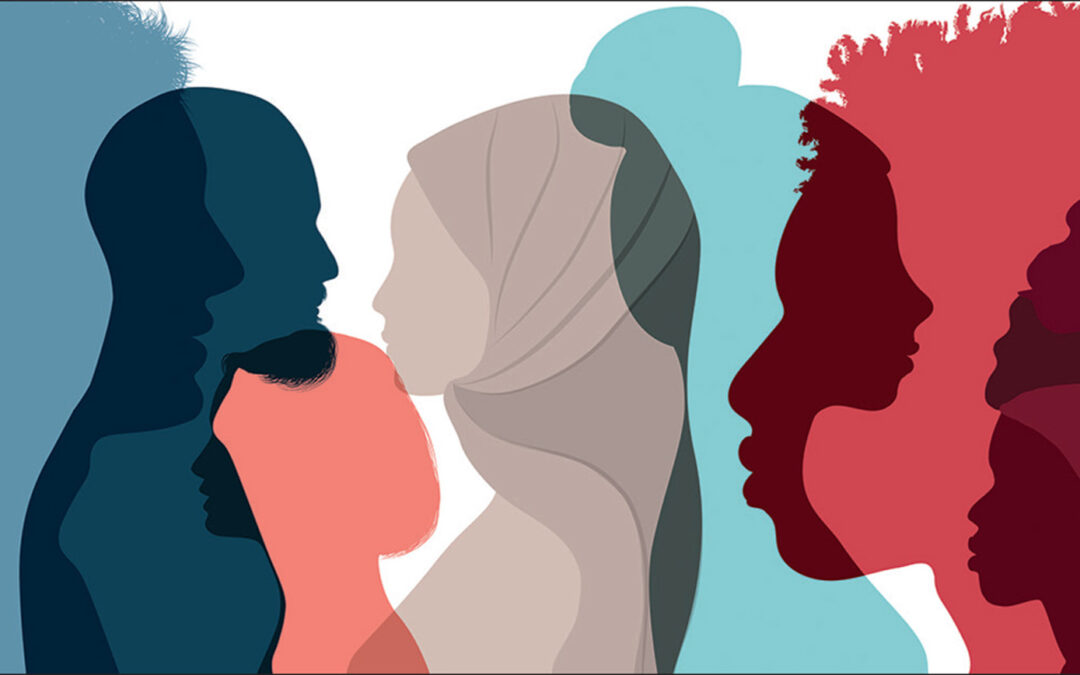Consider the implications of the social identity approach to migrant mental health for psychological interventions and policy. This study aims to explore these impacts in detail.
The study, conducted in Greece, examines the impact of migration on the social identities and mental health of migrants. The objective is to expand knowledge regarding migrant social identities, their association with significant social groups, and their influence on psychological well-being. Twenty semi-structured interviews were conducted to assess how social identity is constructed, migrants’ perspectives on the challenges and changes they experience in relation to group memberships, and the influence on psychological well-being.
Researchers reported that “Findings emphasize the significance of social identity continuity and gain pathways in first-generation migrants’ successful adjustment and psychological well-being”, while considering second-generation migrants, “dual-identity development is especially difficult during adolescence due to social exclusion and discrimination in schools. Even in early adulthood, pressure to maintain heritage identity can lead to negative mental health outcomes over time”.
EU-MiCare project works to provide training materials on different aspects of migrants’ mental health and the impact that experiences have on the individual.

